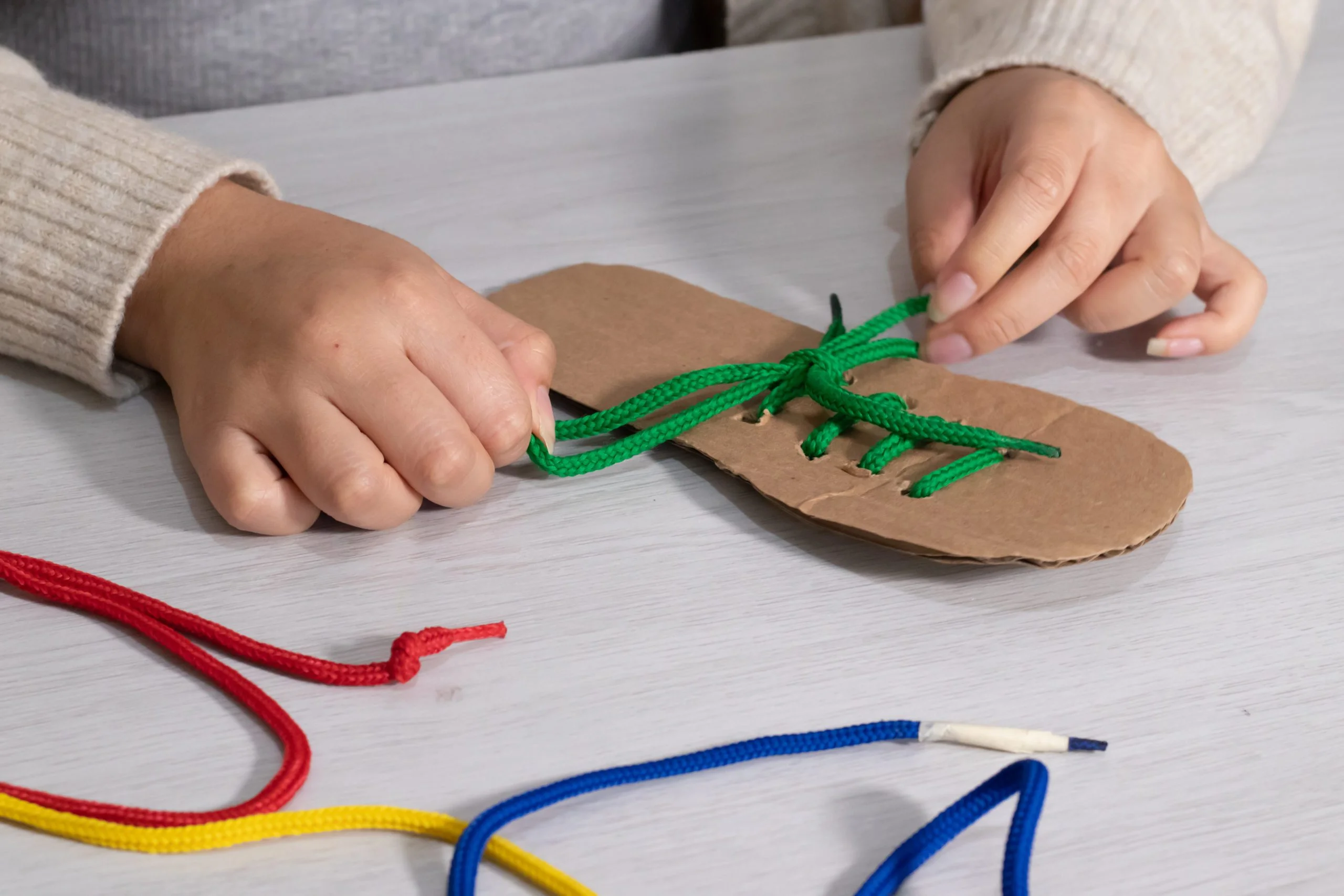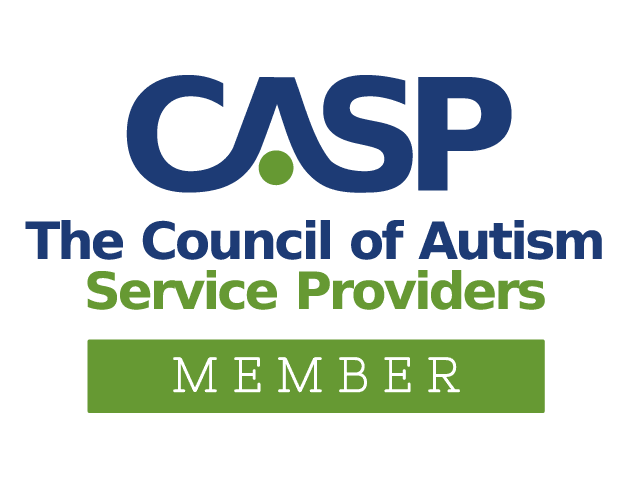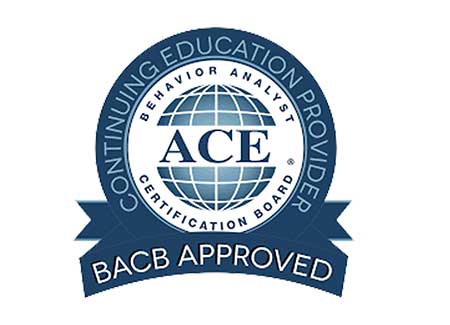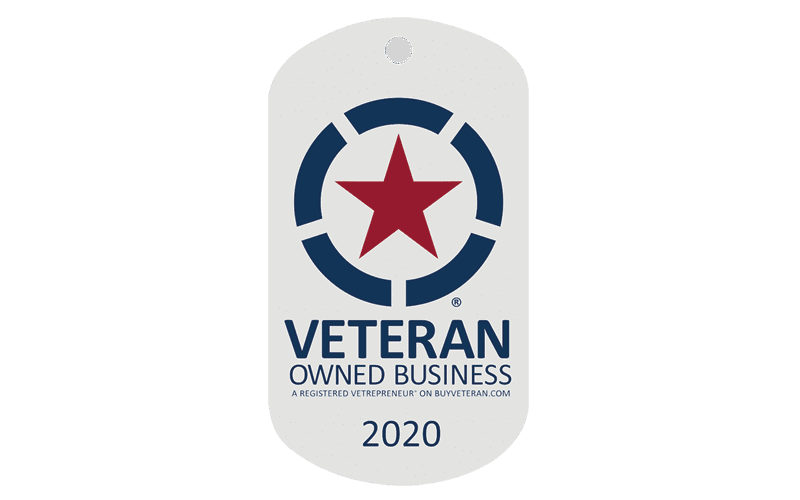EXPERTISE. PERSPECTIVE. OUTCOMES.
Occupational Therapy
Pediatric Occupational Therapists (OTs) work with children to promote participation in activities, or “occupations,” that are meaningful to them. For children, “occupations” are activities that enable them to develop life skills, play, and thrive. These occupations include playing, learning, interacting with friends, getting dressed, and other daily activities. OTs focus on the child’s strengths and limitations to facilitate independence and engagement in daily activities.
Proven OTs evaluate and treat sensory, motor, cognitive, and social skills of children that are related to their participation in everyday life activities. We use a play-based and developmental approach to address the child’s needs and optimize the child’s engagement in every interaction. Our OTs first complete a client-centered evaluation that identifies the concerns and priorities of the child & family, which guide the goals and activities for intervention. Any intervention focuses on teaching the desired or necessary skill, adapting activities, and modifying the environment to allow the child to be successful. Our OTs collaborate with parents/caregivers and other professionals to ensure carryover of these skills across environments.
Clients in the Foundations Program typically receive occupational therapy services 1 time per week in a clinical center as part of an integrated approach that compliments their ABA programming.
Occupational therapists work with children with a wide variety of diagnoses including, but not limited to:
- Autism Spectrum Disorder (ASD)
- Developmental delays
- Cerebral palsy
- ADD/ADHD
- Down Syndrome
- Genetic Disorders
- Sensory Processing Disorder
- Learning Disabilities

Common Treatment Objectives
Activities of Daily Living (ADLs)
- Increase independence with age-appropriate and developmentally appropriate self-care tasks
- Training and modifications for independent living skills such as brushing teeth, getting dressed and eating
- Tolerating hygiene tasks such as brushing teeth and brushing hair
- Address fine motor skills necessary for ADLs such as using utensils during meals, buttoning, zippering, and tying shoes
- Address eating difficulties using a sensory and motor approach
Motor Skills
- Develop fine motor skills that are necessary to participate in daily activities, play and school
- Improve visual motor skills necessary to promote participation in play and to develop handwriting skills
- Establishing a hand dominance to increase independence with self-care tasks and school tasks
- Improve balance, coordination, bilateral motor skills, crossing midline and motor planning









